[ENG-SPN] Scrooge and happiness / Scrooge y la felicidad
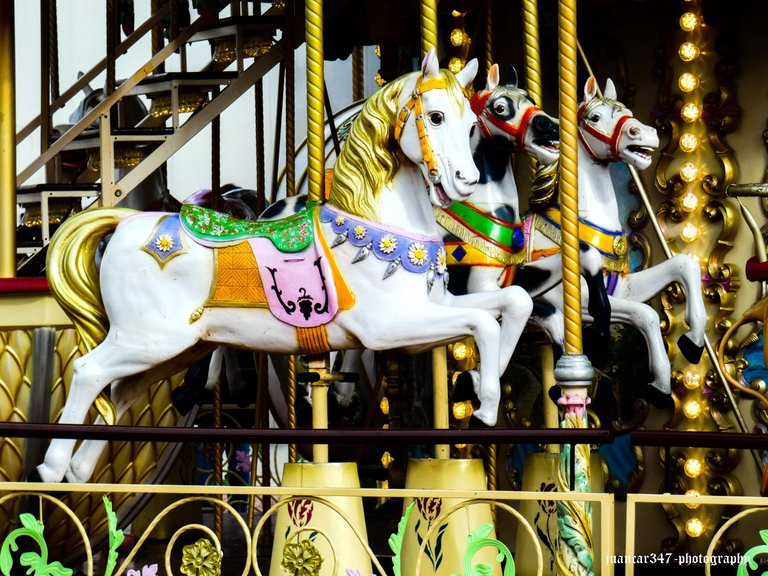
He sang, a troubled and contrite Scrooge - who was already beginning to feel the effects of the wine of goodness, which the Ghost of Christmas Present had poured for him in a golden cup - barely beginning his particular Stations of the Cross of repentance, a delicate melody, whose first stanzas - who knows, if imagined as a hidden tribute to the praise of Erasmus of Rotterdam - said - and I quote him verbatim - that "happiness is the madness of madmen". The version of the famous Dickens tale, designed by the director Ronald Neame, in the form of a Broadway musical and premiered in 1970 under the title -which has no waste- of 'Thank you very much, Mr. Scrooge', addresses, in my opinion , the utopian theme of happiness, as a background to that loss of innocence, which a century later -a year more, a year less- an enigmatic French author, Antoine de Saint-Exupéry, would put, as a sensational revelation, on the lips of the most international and , in fact, of the most unforgettable of his characters, the Little Prince: 'what is essential is invisible to the eye'.
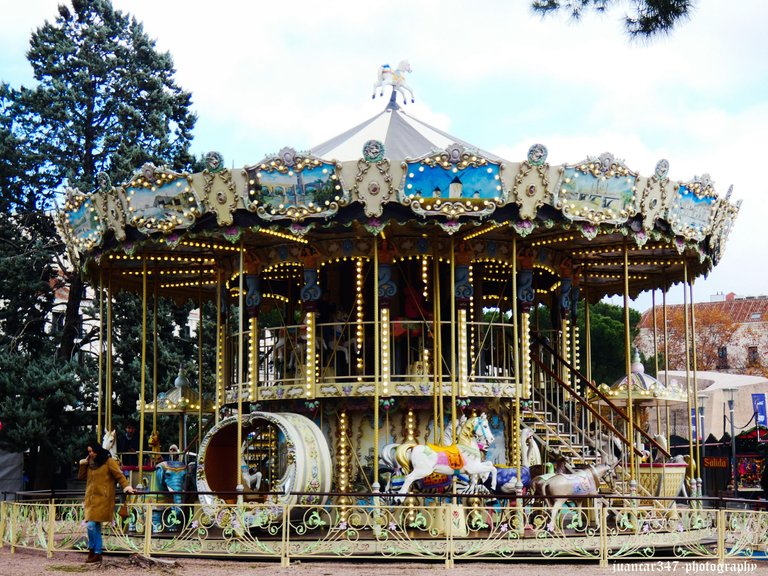
Possibly for this reason, it has always been said that madmen are touched by the hand of God and therefore, that they are like children and in their state, they once again feel the magic of the transcendent or the essential: precisely, everything that it is forbidden to the Scrooge who, whether we like to admit it or not, inhabits all of us, to a greater or lesser extent. The paradoxical thing about the subject is that it had to be, precisely, the figure of a child, who landed on Earth to remind us of it, in an attempt, perhaps in vain, to reopen our eyes.
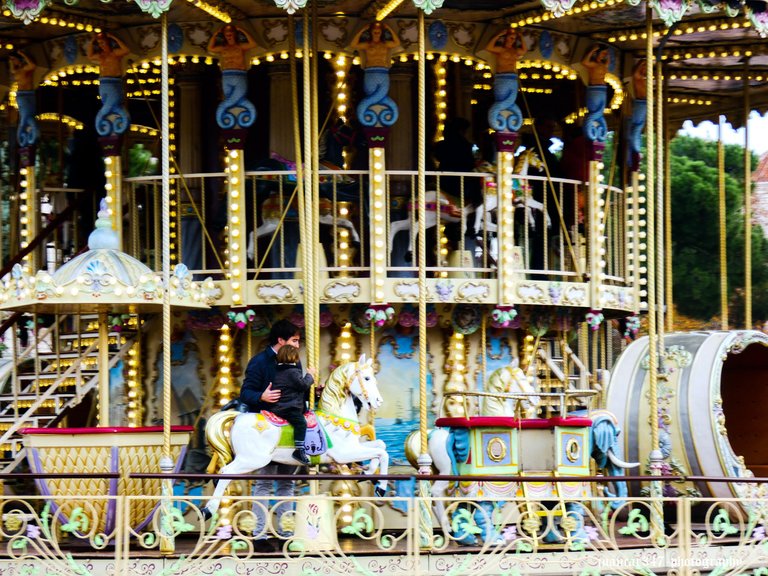
Cantaba, un atribulado y contrito Scrooge -que ya comenzaba a sentir los efectos del vino de la bondad, que le había escanciado en una copa de oro el Fantasma de la Navidad Presente- apenas comenzado su particular Vía Crucis de arrepentimiento, una delicada melodía, cuyas primeras estrofas -quién sabe, si imaginadas como un tributo oculto a los elogios de Erasmo de Roterdam- decían -y lo cito textualmente- que ‘la felicidad es la locura de los locos’. La versión del famoso cuento de Dickens, diseñada por el director Ronald Neame, en plan musical de Broadway y estrenada en el año 1970 bajo el título -que no tiene ningún desperdicio- de ‘Muchas gracias, Señor Scrooge’, aborda, en mi opinión, el tema utópico de la felicidad, como trasfondo de esa pérdida de inocencia, que un siglo después -año más, año menos- un enigmático autor francés, Antoine de Saint-Exupéry, pondría, como revelación sensacional, en labios del más internacional y, de hecho, del más inolvidable de sus personajes, el Principito: ‘lo esencial es invisible a los ojos’.
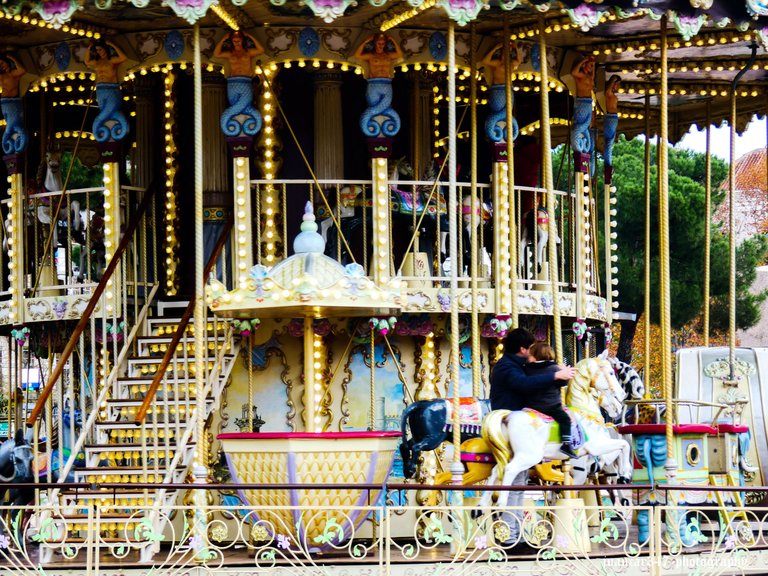
Posiblemente por ello, siempre se ha dicho que los locos están tocados por la mano de Dios y por lo tanto, que son como niños y en su estado, vuelven a sentir la magia de lo trascendente o de lo esencial: precisamente, todo aquello que le está vedado al Scrooge que, nos guste o no reconocerlo, habita en todos nosotros, en mayor o en menor medida. Lo paradójico del tema, es que tuvo que ser, precisamente, la figura de un niño, quien aterrizara en la Tierra para recordárnoslo, en un intento, puede que baldío, de volver a abrirnos los ojos.
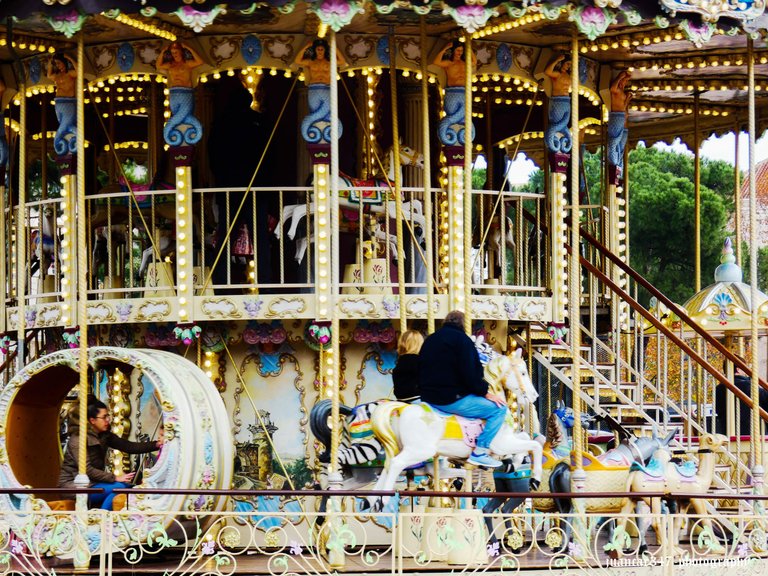
NOTICE: Both the text and the photographs that accompany it are my exclusive intellectual property and, therefore, are subject to my Copyright.
AVISO: Tanto el texto, como las fotografías que lo acompañan, son de mi exclusiva propiedad intelectual y por lo tanto, están sujetos a mis Derechos de Autor.
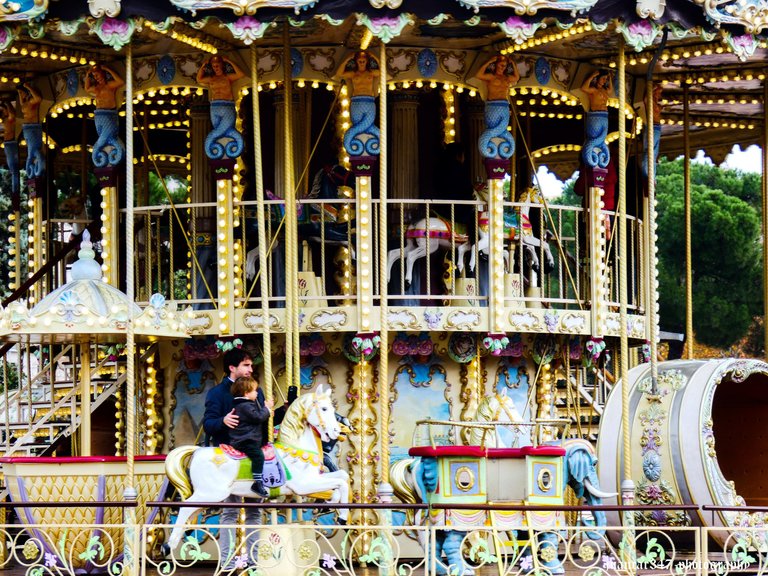
Hi, my friend. Are you ready for Christmas Day?